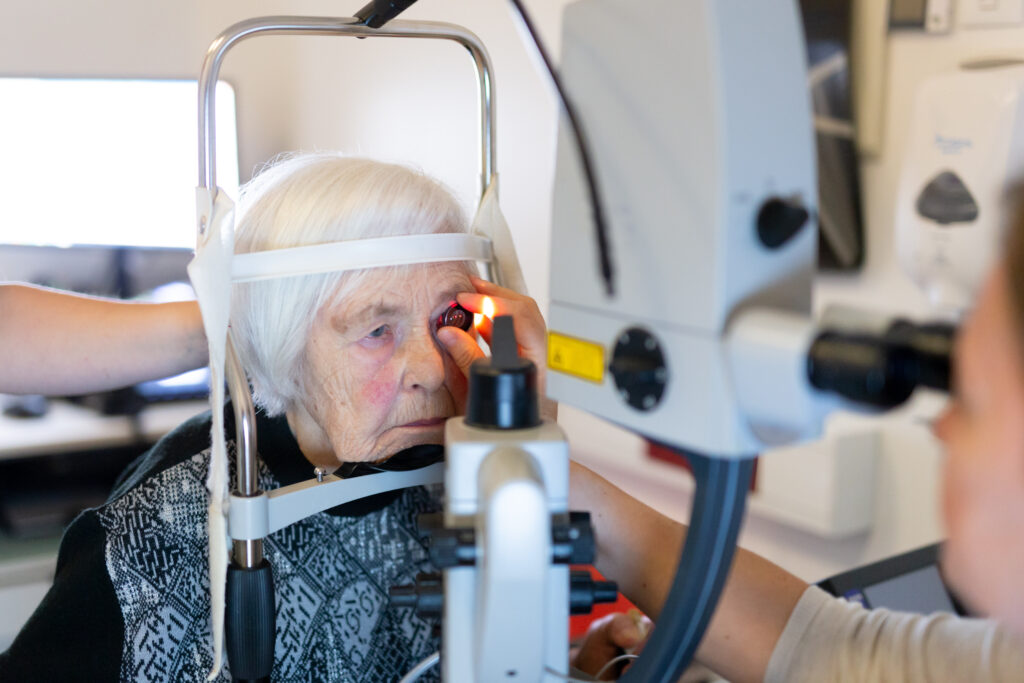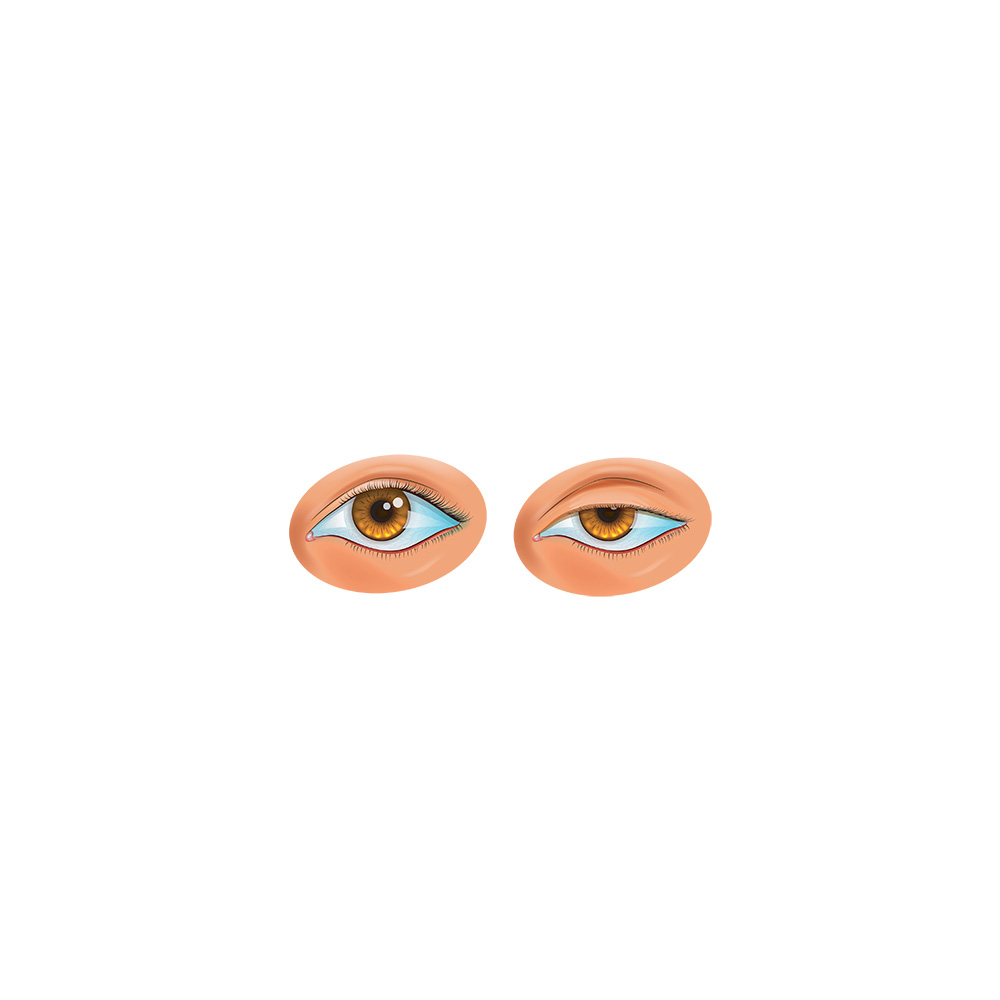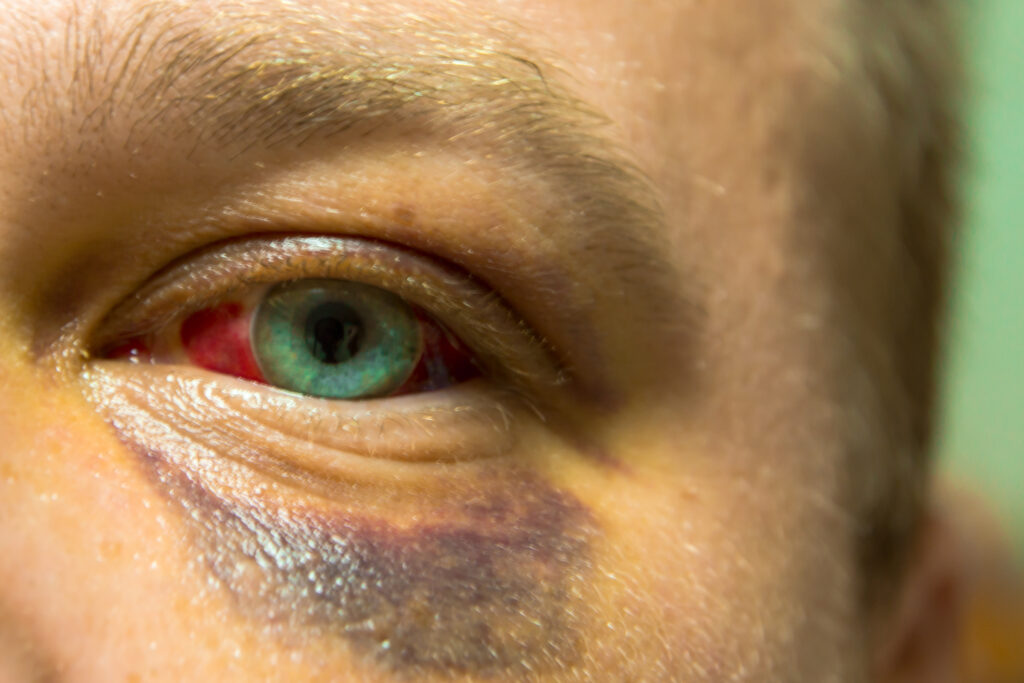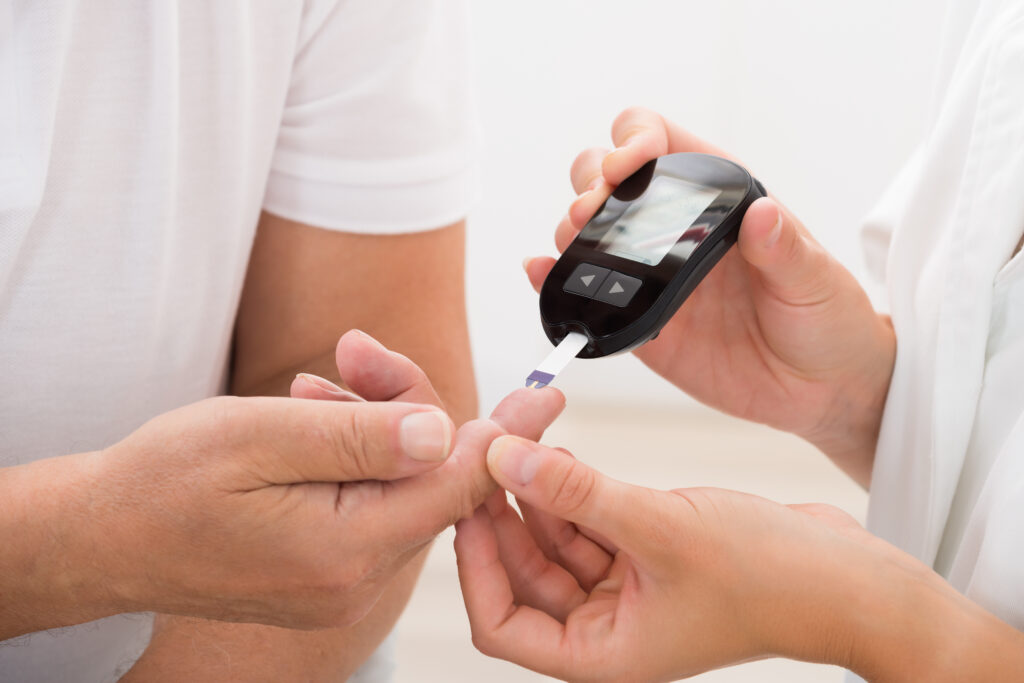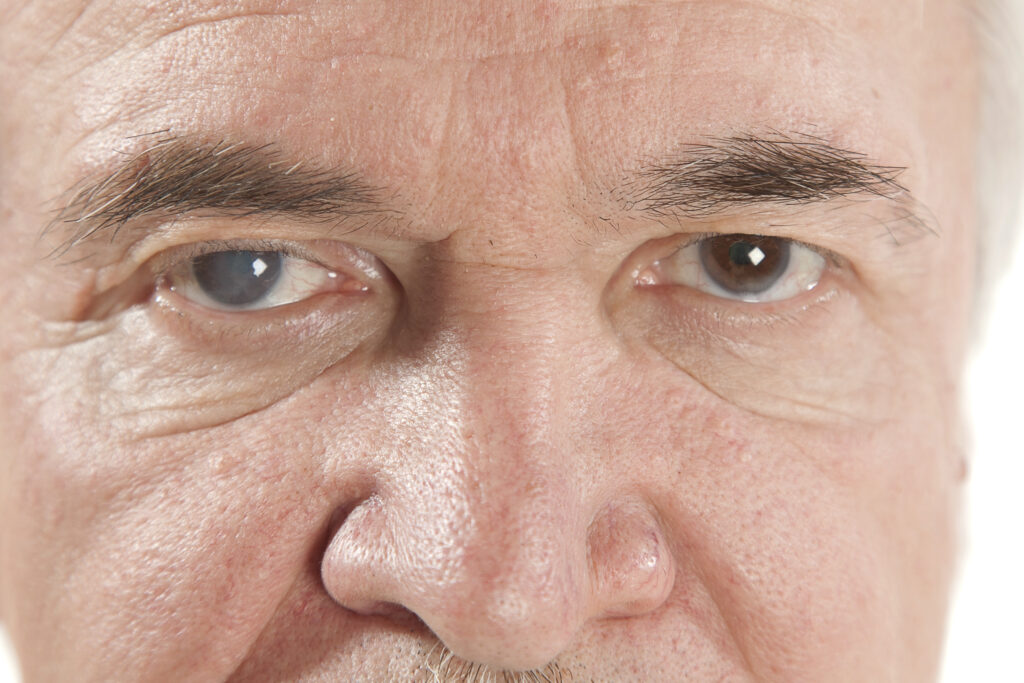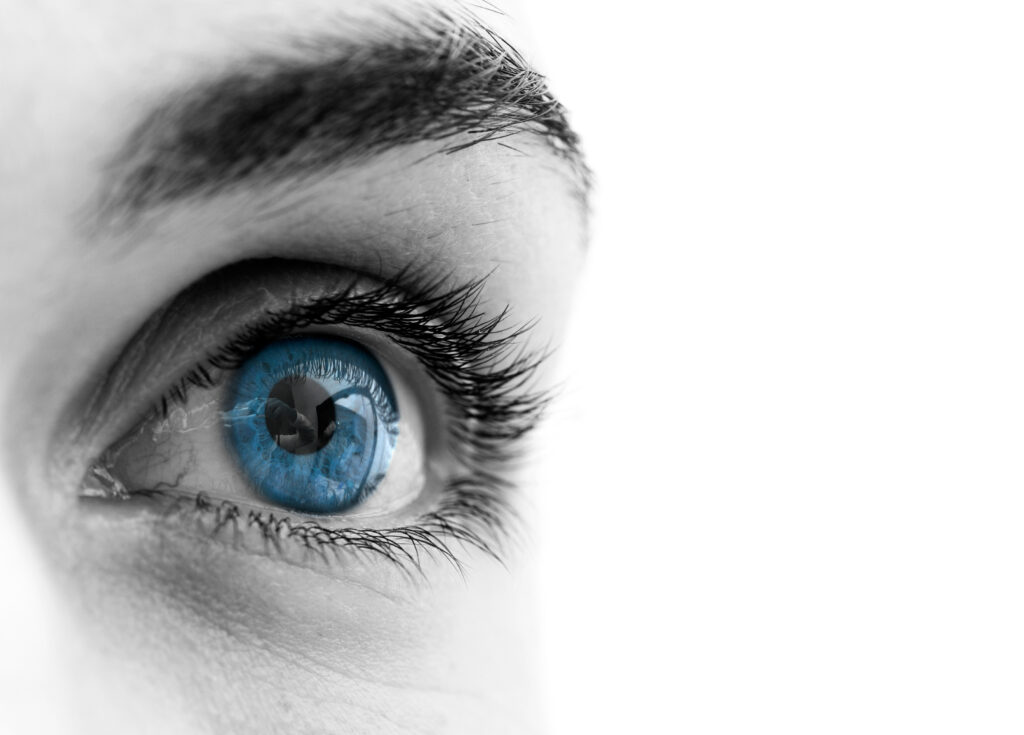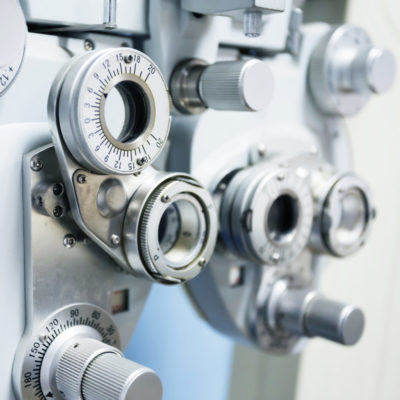Zap! Don’t Cut
New Treatment Options for Vitreous Floaters For chronic sufferers of large floaters, new technologies offer innovative treatment options that are safer and less invasive than traditional methods. For many years, the standard of care for treatment of vitreous floaters was a pars plana vitrectomy, an invasive surgical procedure that removes part of the vitreous. Post-vitrectomy recovery […]

